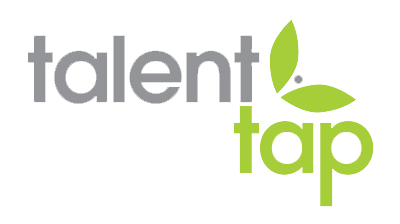3 Deadly Resume Mistakes
Bernadette Hill
March 17, 2025
A well written resume can help get you in the door at a prospective employer, while a poorly written one with easily fixable mistakes can eliminate you from the position right away. You might have the perfect qualifications for the job, but if you have mistakes on your resume you might not get the chance to show those skills off.
Here are 3 common mistakes that we see on resumes:
1. Spelling and grammar mistakes are the most common, and the easiest to fix. Run spell check on your resume to catch whatever you’ve missed. Read your resume out loud several times to hear how it sounds. And have others review your resume. The more eyes that view it, the better.
2. Not putting the months of employment on your resume. When you just put the years, for example 2019-2020, your potential employer does not know if you’ve been there for two months or a full year. This can be very frustrating and sometimes leads the employer to pass over your resume.
3. Not customizing your resume for the position you are applying for. We often see objectives that don’t match the job that’s being applied for. For example, if you’re applying for a job in compliance, don’t list your objective as “looking to utilize my skills in human resources”. If an employer reads that, you will be rejected right away. Also be sure to match your skills on your resume to those that the employer is looking for. But don’t fudge your skills! You never want to lie on a resume, you will be caught eventually.
A little extra time to thoughtfully format and edit your resume will increase your chances of landing that desired interview!
Share This Post!
Talent Tap Trends & Insights | Lancaster, PA



